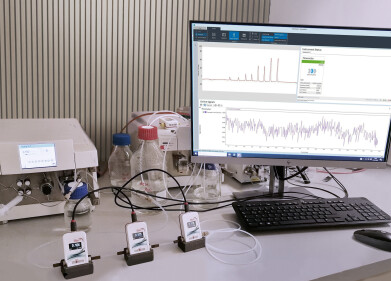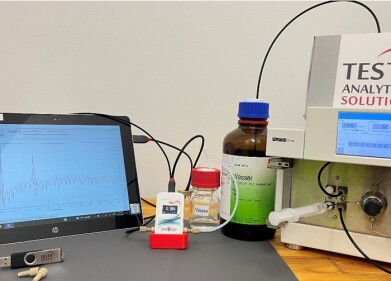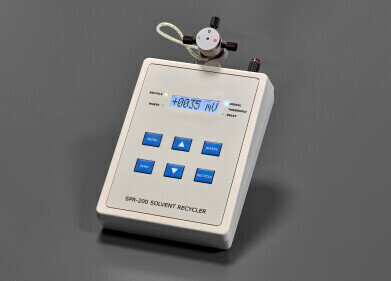Chromatography
Are Gas Generators Safe?
Jun 17 2022
Gasses such as hydrogen and nitrogen are a staple in modern laboratories, with supplies used to operate gas chromatographs, ion-mobility spectrometers and other instruments. Traditionally, laboratory gas is stored in high-pressure cylinders. However, the advent of gas generators offers researchers a convenient, cost-effective and safer alternative.
Read on to find out more about the gold-standard safety credentials of gas generators and why they’re a savvy addition to any laboratory.
Eliminating the need for compressed gas tanks
The opportunity to remove high-pressure gas cylinders from the laboratory is one of the main benefits of gas generators. Even when strict safety precautions are followed, high-pressure cylinders significantly increase the risks of fires, explosions and leaks in laboratory settings. By switching out pressurised cylinders for onsite generators, laboratories can instantly improve safety credentials.
Reducing gas concentrations in the laboratory
As well as eliminating the need for high-pressure cylinders, gas generators significantly reduce concentrations of highly combustible gasses such as hydrogen and nitrogen in the laboratory. Similarly, gas generators reduce the risk of leaks that can create a nitrogen-rich environment. High levels of nitrogen can deplete oxygen from ambient air, which deprives the body of oxygen and can lead to asphyxiation. Instead of storing bulk amounts of the gas in a pressurised cylinder, generators simply create gas on demand. The systems generate only what’s needed to run the instruments, which drastically reduces the risks faced by laboratory personnel.
Minimising injuries
From strained backs to broken toes, high-pressure gas cylinders can cause all kinds of injuries in a laboratory setting. They’re heavy and can be difficult to manoeuvre, especially in small spaces such as laboratories. Instead of lugging metal cylinders around the laboratory, technicians can use compact generators to create gas at the touch of a button.
Automatic shut down technology
While gas cylinder leaks can easily go undetected, most modern generators feature automatic shutdown technology. Built-in sensors can be programmed to automatically detect deviations from standard settings. For example, analytical gas generator manufacturer Parker equips instruments with more than 50 safety-enhancing sensors.
“The most critical feature that proves the inherent safety of gas generators, is their ability to respond to external changes that might impact normal operation and laboratory safety,” reads a safety article published by Parker.
Safety isn’t the only reason laboratories around the world are investing in laboratory generators. From improving workflows to extending the lifespan of expensive equipment, gas generators offer a myriad of benefits. Find out more about these scientific workhorses in ‘Laboratory Generators - Everything You Need to Know’. Or check out 'Optimising Bioreactor Yields with Smart Sensors' for more on the latest laboratory developments.
Digital Edition
Lab Asia 31.6 Dec 2024
December 2024
Chromatography Articles - Sustainable chromatography: Embracing software for greener methods Mass Spectrometry & Spectroscopy Articles - Solving industry challenges for phosphorus containi...
View all digital editions
Events
Jan 22 2025 Tokyo, Japan
Jan 22 2025 Birmingham, UK
Jan 25 2025 San Diego, CA, USA
Jan 27 2025 Dubai, UAE
Jan 29 2025 Tokyo, Japan



















